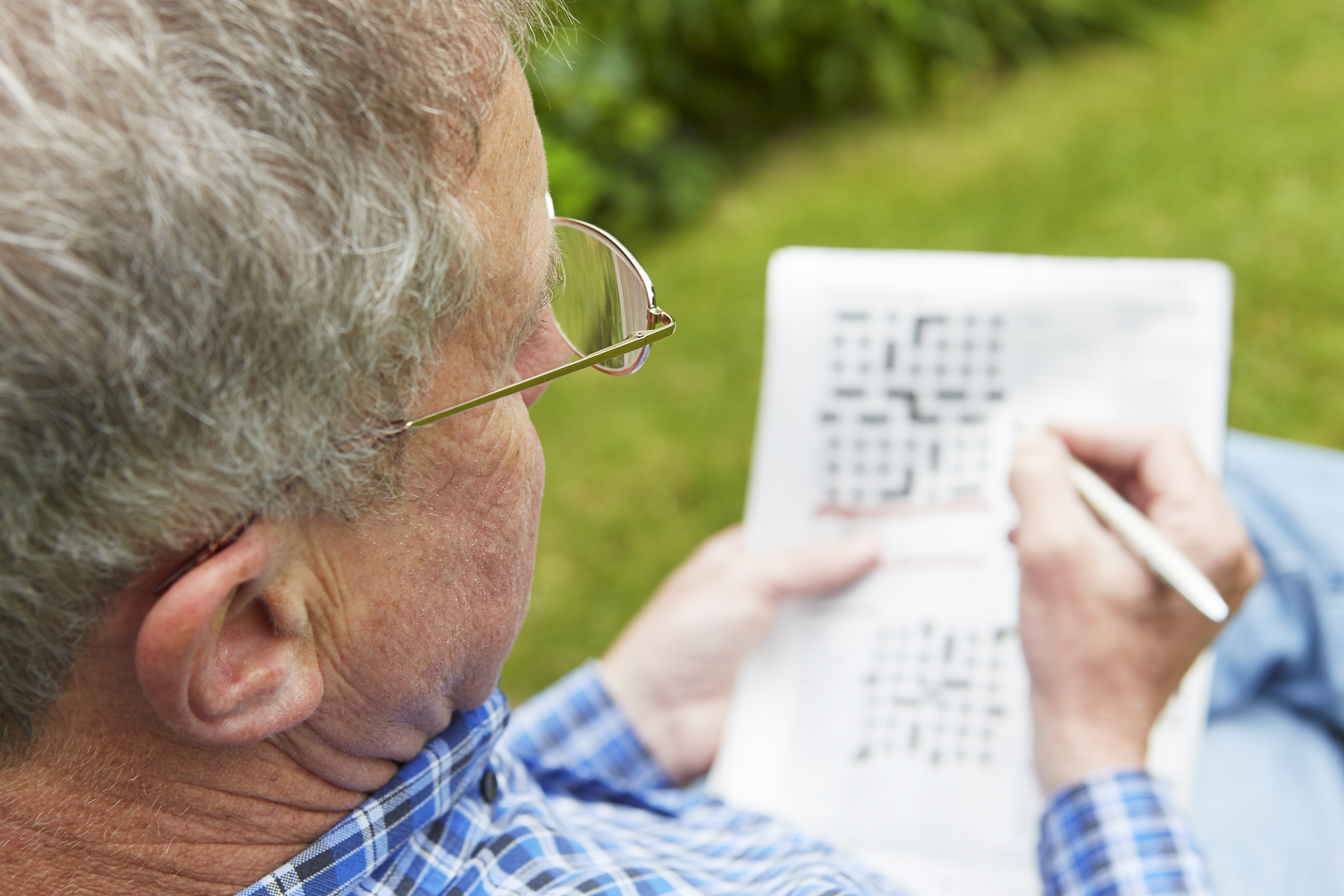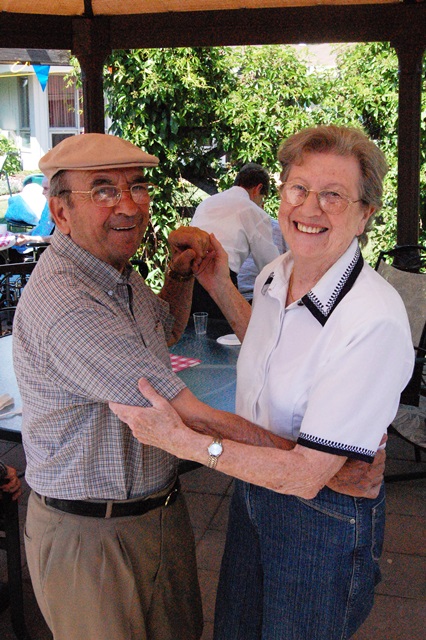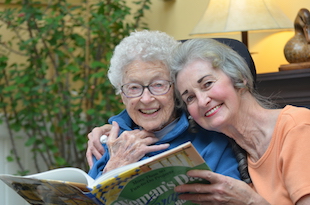5 Tips for Better Brain Awareness in Seniors

There’s this buzz word out there that’s not exactly new, but still has a sparkling effect; that sensation that makes us all want to sit up and take note.
Positive Aging. Sounds good right?
The idea is, to truly age well, we need to tend to our physical, emotional and mental well-being. There are infinite studies on how to do this, but credible ones are the only ones worth any attention.
A Canadian initiative called the Fountain of Health has some interesting information. It was founded by a professor of geriatric psychiatry at Dalhousie University, and endorsed by the Centre for Aging and Brain Health Innovation. It explores current science on healthy aging and offers tools for seniors to improve health and delay or prevent dementia.
Other suggestions to help seniors improve cognitive health include simple exercises such as learning to play a new card game or craft, meeting and interacting with new people and reading newspapers or magazine articles that inform about something new and interesting going on in the world.
Often we hear that it’s also good practice for any of us to change up our daily habits. This keeps the brain from going into autopilot mode.
Here are 5 simple examples of changing habits:
1. Relocating items
Switch things up in your bathroom, bedroom and kitchen cupboards. Force the brain to think before it reaches for common everyday items.
2. Varying the direction
Try a new direction when you go for your walk, or walk a different way to places you frequently visit.
3. Changing the order
Don’t do the same thing at the same time each day. Consider doing different things altogether, or doing the usual things in a different order.
4. Visiting new places
Explore new places (restaurants, coffee shops, retailers) in your own community or even new spaces within your building.
5. Changing hands
Challenge yourself to do things with your opposite hand, like brushing your hair and teeth, opening and closing doors, operating the phone, etc.
Another concept that’s well-studied and often linked to improved cognitive health is mindfulness. Simply put, mindfulness is a process of intentionally bringing your attention to the present moment – to fully focus on your experiences as they are occurring. Experts say, seniors can easily teach themselves to do this, especially when multitasking becomes more challenging.
According to this study, long-term mindfulness practice may be associated with cognitive and functional improvements for older adults. Take this practice one step further and there are numerous credible accounts of the physical and mental benefits of meditation.
For seniors, this doesn’t have to be an elaborate ‘yogi’ type of practice, it can be as simple as putting on a recording of a guided meditation/visualization at bedtime, or during a quiet afternoon rest.
In this article, the benefits to seniors engaging in meditative activities are numerous, including enhanced mental health, stress reduction and memory improvement.
For the most part, one of the best ways to approach old age is with gratitude and a positive attitude. This is not always easy, but it is the most promising.
About AgeCare
Our communities are special places that include warm and welcoming buildings, professional and specialized care, friendly and courteous staff, and truly enjoyable dining experiences. Our goal is always to foster a community atmosphere where individuals are recognized, valued and celebrated for themselves.
Programming at AgeCare is designed to ensure each resident has an opportunity to participate in a variety of meaningful activities that enrich the mind, body, and spirit. Residents are free to choose their own level of activity – from calm and relaxing to active and energetic.
Find an AgeCare community near you to learn more.


